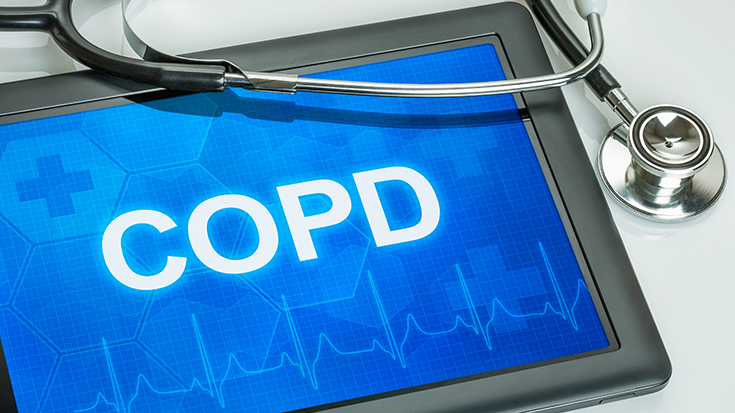
As medical director of the Women’s Respiratory Health Program at the University of Michigan in Ann Arbor and an investigator for the COPDGene study and the Subpopulations and Intermediate Outcome Measures In COPD study, Meilan Han, MD, MS, is intimately familiar with the needs of the COPD population.
She addressed many of those concerns during the Thomas L. Petty Memorial Lecture at AARC Congress 2017 in Indianapolis. As this year’s COPD Awareness Month comes to a close, we asked her four questions aimed at sharing some of those insights here too.
COPD used to be thought of as a disease for which not much could be done. How has this mindset changed in recent years?
Dr. Han: We certainly have treatments that in recent years have been demonstrated to improve symptoms and lung function as well as reduce the frequency of exacerbations. We also know that certain patients with more severe disease also benefit from other therapies including oxygen, as well as invasive therapies including lung volume reduction surgery and lung transplant. Therefore, I think that newly diagnosed patients should not lose hope.
While there are new and more effective treatments, not every patient gets them. What needs to happen for that to change for the better?
Dr. Han: In the U.S., we are challenged with improving access to pharmacotherapy for COPD. Insurance coverage varies widely and we still do have patients who either lack insurance or are underinsured with respect to medication coverage. As a society, we need to find a way to ensure patients who need medications can get them.
Respiratory therapists have long cared for COPD patients hospitalized with acute exacerbations and many also work in pulmonary rehabilitation programs. What new roles do you see for RTs in the management and education of COPD patients and why do you believe RTs are the right people for those roles?
Dr. Han: There is real potential to use RTs in the ambulatory care setting where I think in general RTs are currently underutilized. I have the privilege of working with an RT in my ambulatory COPD clinic, and he is an invaluable asset. Unfortunately, obtaining reimbursement for RTs in this setting remains a major challenge.
What advice do you have for RTs who would like to increase their involvement in COPD care?
Dr. Han: This obviously depends on the setting, but the NIH recently released a COPD Action Plan. I would recommend looking through the plan and determining where they see themselves becoming involved.
RESPIRATORY CARE will publish a paper based on Dr. Han’s Petty Lecture in a 2018 edition of the Journal. Dr. Han was also featured in this year’s Big Ideas Theater—watch the video.